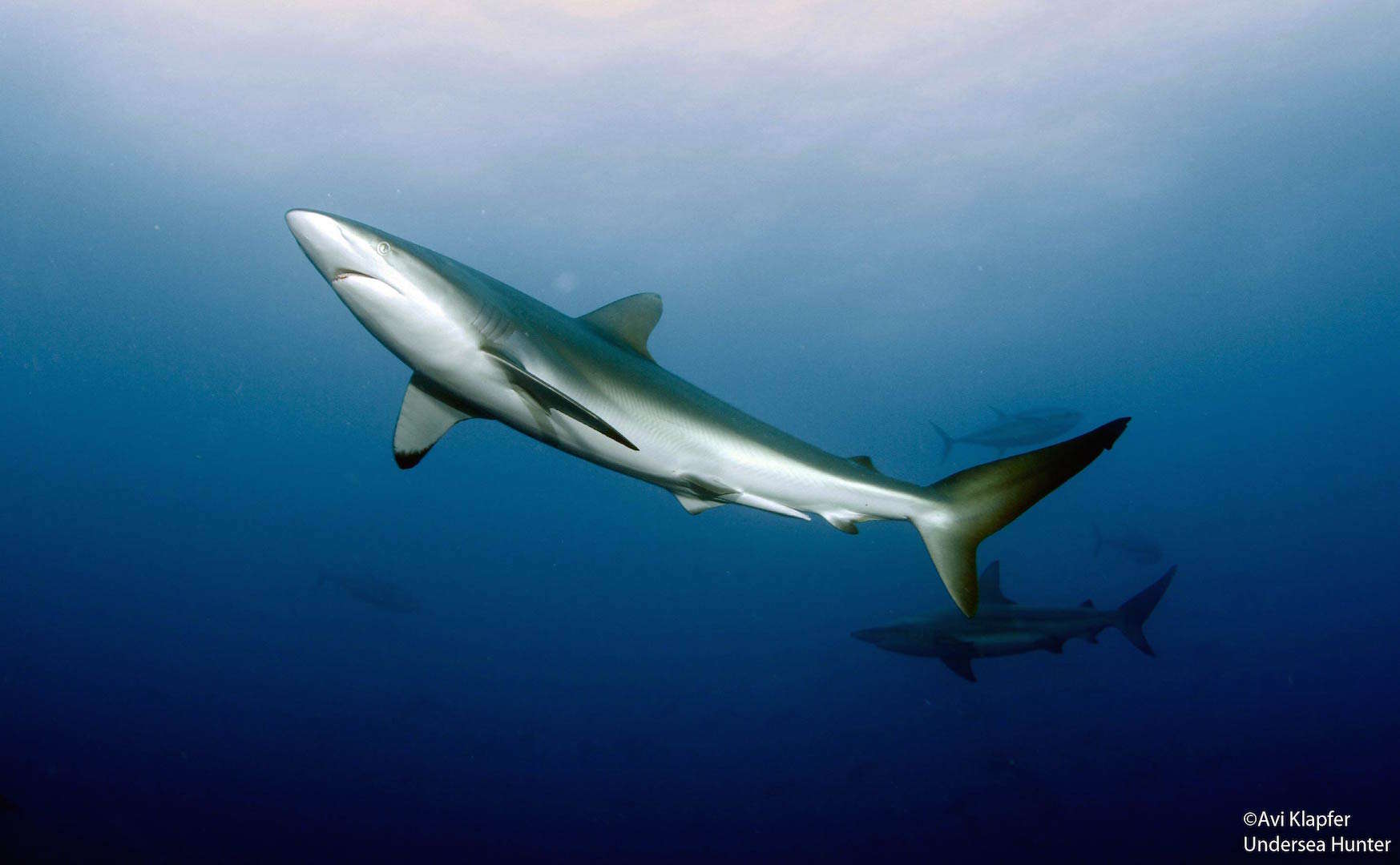Costa Rica will abstain from voting on whether or not to include two species of shark on an international list of protected species, angering conservationists.
The government’s decision was announced Friday at the meeting of parties to the Convention on International Trade in Endangered Species of Wild Fauna and Flora, or CITES, known as one of the world’s most important mechanisms for species protection.
In the past, the Costa Rican government has spearheaded the inclusion of two species of hammerhead shark in Appendix II of CITES. Species listed in Appendix II are to be closely monitored to ensure that trade does not cause the species to become threatened with extinction.
More recently, however, President Luis Guillermo Solís has becoming a punching bag for marine conservationists. Last November, the group SharkProject International awarded Solís the Shark Enemy of the Year Award.
Jorge Jiménez, director of the marine conservation group Fundación MarViva, said in a news release Friday that the refusal to vote to protect the two species in question – the silky shark and the bigeye thresher – continues to harm Costa Rica’s reputation for conservation.
“We’re very concerned with and we reproach the government’s decision,” Jiménez said. “There is clear evidence that proves populations of silky and bigeye thresher sharks are in danger.
“However, President Solís and the Agriculture Ministry prefer to abstain from voting and continue to damage the image of Costa Rica as an environmental defender.”
Appendix II of CITES is generally reserved for species that are not necessarily at risk of extinction, but whose populations could be better protected by limiting sales and making countries raise protection measures.
Officials from the Environment Ministry (MINAE), which helped decide, along with the Agriculture Ministry, to abstain from voting, gave a rebuttal to its critics Friday afternoon, saying the decision stemmed from advice from the United Nations. MINAE cited a report from the U.N. Food and Agriculture Organization that concluded that the silky shark shouldn’t qualify for inclusion in Appendix II and that there is not enough evidence that bigeye thresher populations are facing a steep enough population decline to qualify.
“Costa Rica maintains its position of having a balance between conservation and sustainable use,” the government said Friday.
The government said, however, that it would comply with whatever decision the rest of the parties to the CITES convention make on the issue.
According to MarViva, the population of silky sharks was reduced by up to 90 percent between 2002 and 2013. The species is considered “near threatened” by the International Union for Conservation of Nature and Natural Resources (IUCN), which supported the silky shark’s inclusion in Appendix II.
The silky shark is most commonly captured by longline fishing boats, and usually by accident, according to MarViva. Due to a slow reproductive rate, the species is highly susceptible to overfishing and rapid population loss, the conservation group maintains.
Bigeye thresher shark are considered “vulnerable,” one level closer to extinction than silky shark, by the IUCN. Bigeye thresher have also seen massive population losses in recent years due to overfishing and accidental catch, called bycatch.
Though the meat of bigeye thresher is considered to be of little value, its fins are highly valuable in Asian markets. According to MarViva, Bigeye thresher populations have been reduced by up to 80 percent in some regions.






